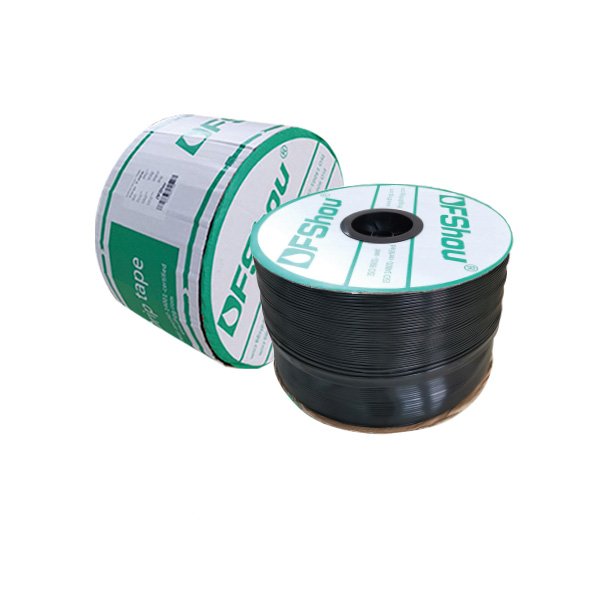Drip irrigation is a popular method of watering crops that involves applying water directly to the root zone of plants using drip pipes or tapes. One hot topic in the world of drip irrigation is the use of recycled materials in the production of drip pipes.
Recycled materials can be used to create high-quality drip pipes that are just as effective as those made from virgin materials. For example, post-consumer plastics can be recycled and used to create drip pipes that are durable, flexible, and resistant to damage from UV rays and other environmental factors.
Using recycled materials in drip pipe production has several benefits. First, it reduces the amount of waste that ends up in landfills, helping to conserve natural resources and reduce greenhouse gas emissions. Second, it can be a cost-effective solution, as recycled materials are often less expensive than virgin materials.
Recycled drip pipes can be used in a variety of applications, including agriculture, landscaping, and residential gardening. They are available in a range of sizes and configurations to meet the needs of different users.
To ensure the quality of recycled drip pipes, it’s important to choose a reputable manufacturer that adheres to strict quality control standards. Look for companies that use high-quality recycled materials and employ rigorous testing processes to ensure their products meet industry standards.
In summary, the use of recycled materials in drip pipe production is a promising development in the world of irrigation. By choosing recycled drip pipes, farmers and growers can save money, reduce waste, and promote sustainability in their operations.


